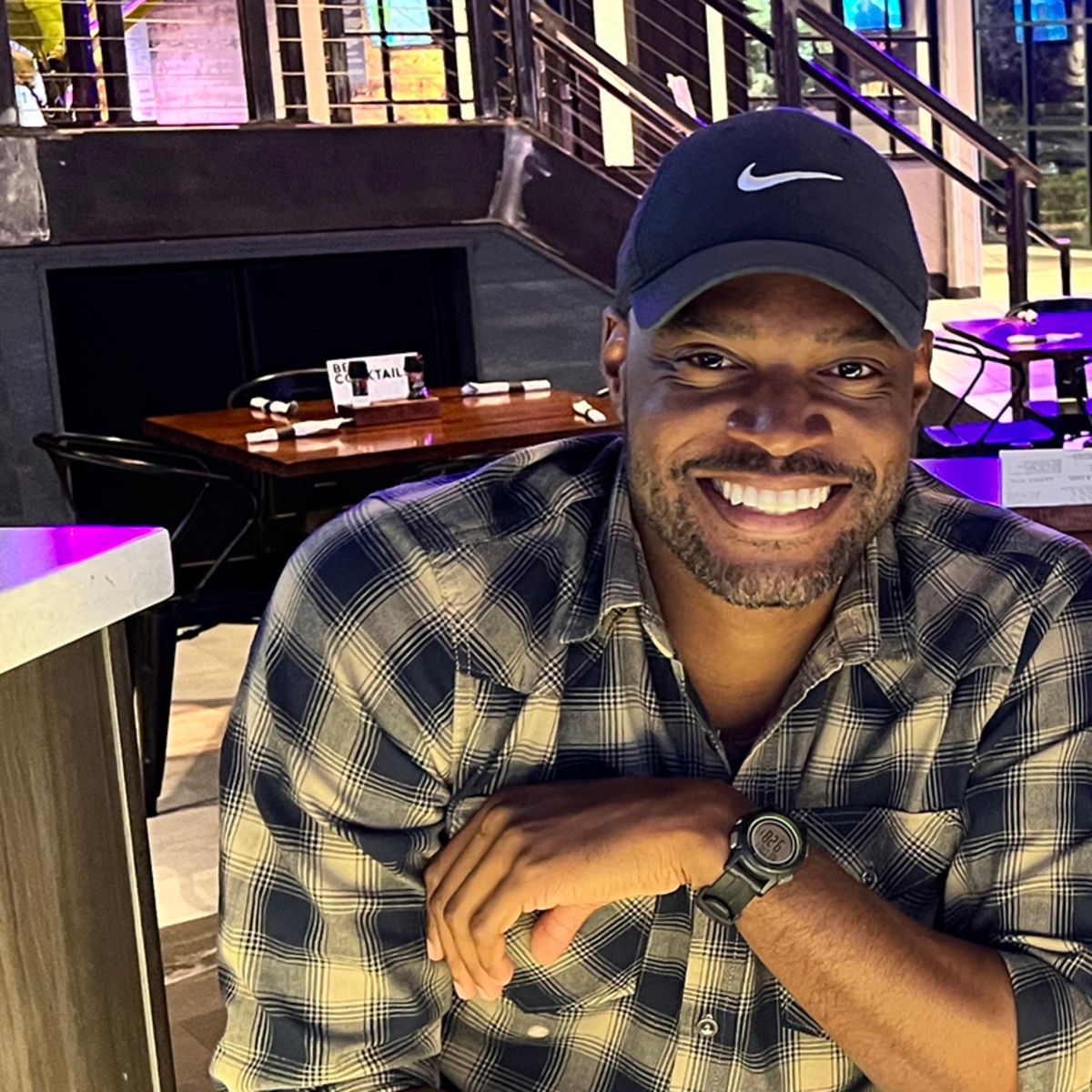Imagine walking into a gym where every exercise instantly adjusts to your strength, stamina, and form. No wasted reps, no random workouts — just personalized progress. That’s the promise behind adaptive tutoring frameworks like RAG-PRISM, an approach designed to make learning as individualized as fitness training.
For those obsessed with picking up new skills, this matters. Most traditional courses are one-size-fits-all. Everyone gets the same lesson, the same pace, the same tests. But people don’t learn at the same speed or in the same way. Adaptive tutoring flips the script.
What Is RAG-PRISM?
RAG-PRISM is a framework being studied in education technology circles, blending two ideas:
RAG (Retrieval-Augmented Generation): AI pulls in reliable knowledge from outside sources instead of relying only on what it “remembers.”
PRISM (Personalized Retrieval & Instruction for Skill Mastery): A method to adjust content in real time, based on the learner’s responses and needs.
Put together, this creates a loop where the system:
Figures out what you know (and don’t know).
Pulls in just the right content.
Adjusts the difficulty, timing, and practice until you reach mastery.
Think of it like having a coach who notices when you’re struggling with footwork and switches drills on the spot.
Why This Matters for Learners
Adaptive tutoring matters because it makes time spent learning more effective. Instead of getting bogged down in material you already understand, you spend more time exactly where you need it. The benefits stack up:
Precision learning. Focus only on gaps, not the full textbook.
Better retention. Repetition targets weak spots, helping knowledge stick.
Motivation boost. Progress feels faster when lessons match your level.
The Experience of Adaptive Learning
Picture this: You’re trying to learn Python. Instead of watching a generic three-hour tutorial, the system checks what you already know. It realizes you’re good with variables but shaky on loops. Right away, it generates loop challenges, mixes in short refreshers, and adapts the next lesson based on your performance.
Every success unlocks harder problems. Every stumble triggers a new explanation. You’re not just consuming content — you’re sparring with an intelligent coach.
What to Watch Out For
Like any AI-driven system, adaptive tutors rely on data. They need your answers, timing, and behavior to adjust effectively. That raises questions about privacy and transparency. Learners should ask: Where is my data going? How is it being used?
Another caution: over-dependence. If every step is perfectly optimized for you, you may miss the grit of pushing through less-than-perfect material — a skill you’ll need outside any AI-assisted framework.
How to Try It Yourself
Explore tools already out there. Platforms like Coursera, Khan Academy, and Duolingo are building adaptive features.
Mix with self-awareness. Notice what types of content keep you engaged, and adjust manually when needed.
Treat it as a coach, not a crutch. Let adaptive tutoring push you, but keep your own curiosity steering the journey.
The Bigger Picture
Adaptive tutoring frameworks like RAG-PRISM are part of a shift toward personalized skill ecosystems. Learning is no longer about mass delivery of content but about precision practice tuned to you.
For lifelong learners, this means less wasted time and more deliberate progress. Imagine building skills the way athletes train: customized drills, responsive feedback, and mastery as the only endgame. That’s where adaptive tutoring is headed — and it could be the most efficient learning partner you’ll ever have.
